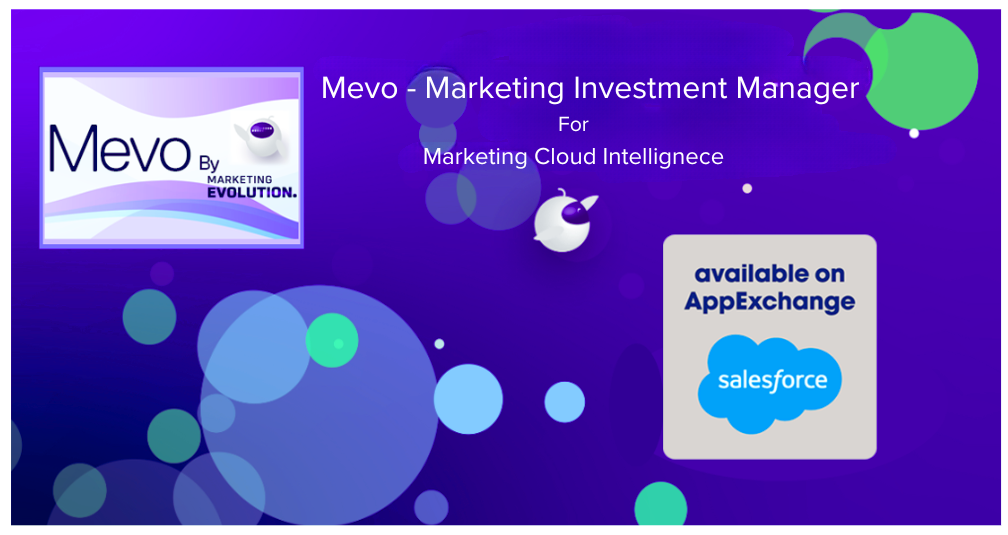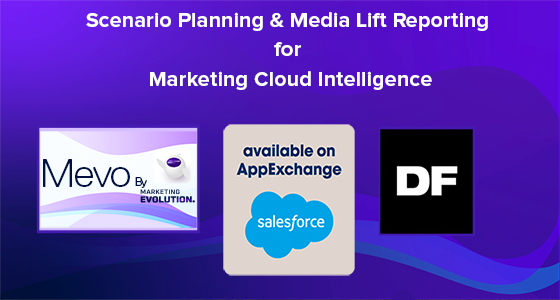Adapting to Marketing Data Privacy Regulations: Prepare for the Future
Data privacy regulations are becoming increasingly important for marketers. Due to increases in data breaches and data privacy concerns, governments worldwide have introduced regulations to protect individuals' personal information. This has significantly impacted how marketing teams collect, store, and use consumer data for their campaigns.
As a marketer, it is essential to understand and comply with these marketing data privacy regulations to avoid penalties and maintain consumer trust. However, adapting to these changes can be challenging, especially if you are accustomed to relying heavily on consumer data for marketing purposes.
This post will explore the impact of marketing data privacy regulations on marketers and provide strategies for achieving better results while respecting consumer privacy.

The Impact of Marketing Data Privacy Regulations on Marketers
Data privacy regulations have had a significant impact on marketers in recent years. Regulations such as the General Data Protection Regulation (GDPR) and the California Consumer Privacy Act (CCPA) have forced marketers to reevaluate their data collection and usage practices to ensure compliance.
In addition to jurisdiction-based regulations, marketers also face challenges from big tech companies like Google and Apple. Google's decision to deprecate third-party cookies has made it more difficult for marketers to track and target users across the web. Similarly, Apple's privacy protection moves in its latest iOS releases have limited the data marketers can collect from iPhone users.
The changes in data privacy have major implications for marketers, who heavily rely on consumer data for targeted advertising and personalizing each target market’s marketing plan. Now, marketers have to navigate through stricter consent requirements and limitations on tracking user behavior.
The Challenge: Balancing Data Privacy and Strategic Marketing
With the rapid advancement of technology and the increasing complexity of marketing strategies, many marketers feel uncertain about their ability to effectively reach each target audience, track performance across different channels, and measure their return on ad spend (ROAS).
According to Salesforce Research, only 33% of global marketers are very confident in their abilities to continue to effectively do these things. As a result, there has been a significant increase in marketing analytics and measurement technology investment, with over half of marketers increasing their investment in this area. However, one challenge marketers face is ensuring these new technologies adhere to privacy compliance regulations. This raises the question, which new tech solutions can help marketers achieve their goals while still maintaining full privacy compliance?
Legacy unified attribution solutions faced challenges connecting diverse and extensive sets of individual touchpoint data across various media channels. Such approaches focus on measuring devices instead of understanding people. These attempts were hampered by low match rates, errors in matching, combined media exposure, and biases in consumer sample selection. The result was incomplete, inconsistent, and unreliable data, undermining pre-privacy attribution systems' effectiveness.
Unified attribution is not dead; it just needs to be done differently. Instead of relying on patching together and inputting incomplete consumer-level data, the key is to use all available base input data, regardless of its level of detail. By leveraging machine learning, generative attribution, and tools like Marketing Evolution’s platform, it is possible to fully predict and reconstruct touchpoint exposure across a large, representative sample of consumers.

The Solution: Ensuring Data Privacy Compliance and Strategic Marketing
Marketing Evolution’s platform is flexible and can handle various types of post-privacy media delivery and exposure data. Whether you have broad and shallow data, deep but narrow data, or new forms in between, Marketing Evoution can handle it all. For example, the platform can easily ingest and then analyze aggregate-level media impression data from different regions. It can also ingest person-level KPI data. That data is mapped to a demographic/lifestyle dataset to ensure consumer and market representativeness that’s privacy compliant.
Moreover, Marketing Evolution’s marketing attribution uses machine learning and GenAI to generate predicted touchpoints for individual consumers in the marketplace to simulate representative media exposures. The model estimates how each media touchpoint contributes to a buyer's KPI conversion. This approach is similar to Wordle, using the best available data to fill in missing information. The result is an extensive dataset of anonymized consumers, including their demographic and geographic profiles, media exposure, and the impact of each exposure on their KPI conversion. It's like completing a puzzle to get a clear picture of valuable marketing insights.
This also helps marketers evaluate plan optimization recommendations generated by the platform to determine which recommendations are best suited for their business. Robust, granular insights into key performance indicators for incremental conversion attribution and contribution that are needed for determining ROI are provided. Marketers can track the complete consumer journey to conversion from media exposure. These insights are segmented by media type, creative placement, audience, and geolocation, giving a complete performance view for marketers to determine the success of planned advertising campaigns. Marketing Evolution’s privacy-compliant approach eliminates the need for cookies, using machine learning and AI to generate an optimized placement-level media plan and providing detailed and customizable performance data.
The Media Planner module is a user-friendly decision support tool that leverages Salesforce Marketing Cloud Intelligence data to provide the fastest, most reliable media optimization recommendations ever available for marketers. This powerful combination of partnering Salesforce Marketing Cloud Intelligence with M/E’s platform eliminates the need for people to do data analysis so they can focus on decision-making.
Maximize Performance Amidst Marketing Data Privacy Regulations with Marketing Evolution
With the increasing focus on protecting consumer data and the implementation of stricter regulations, marketers need a solution that can navigate these challenges effectively. Marketing Evolution's platform is designed to help marketing decision-makers optimize marketing strategies while ensuring compliance with data privacy regulations. By leveraging advanced analytics, machine learning, and generative AI, marketers can access valuable insights to evaluate recommendations that enhance marketing performance while maintaining customer privacy. Request a demo today to learn more.


.png?width=514&height=132&name=KO%20CTA%20CHANGES%20(1).png)